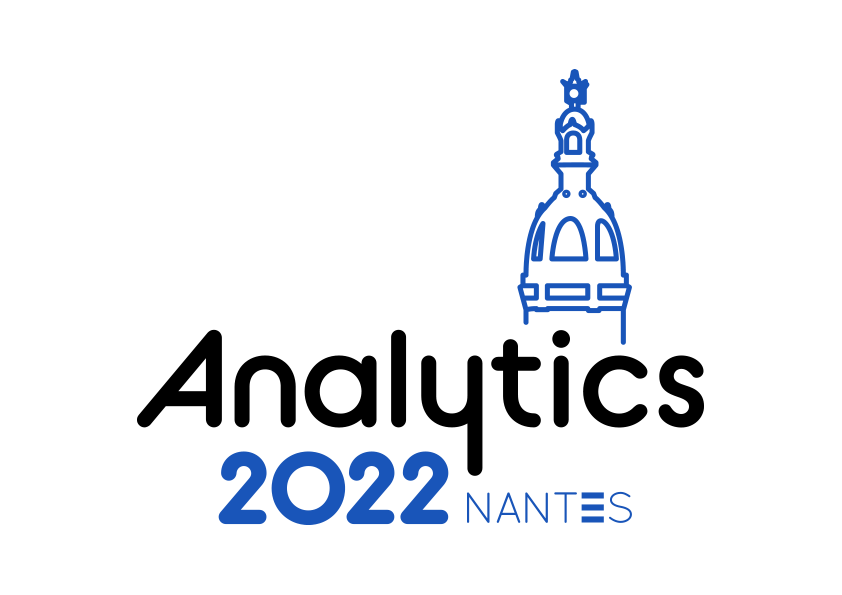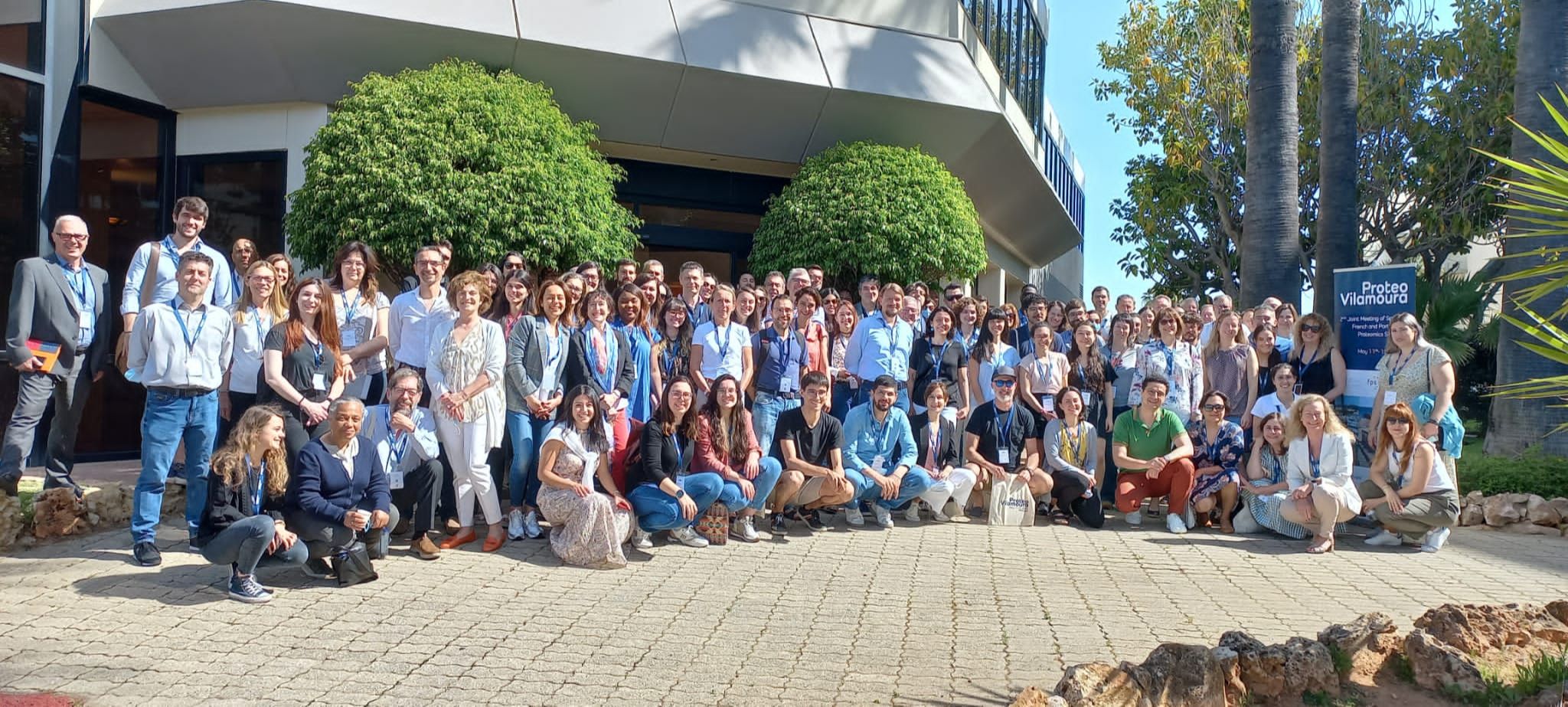
Post-translational modifications (PTMs) are essential for the regulation of cellular functions in all living organisms. They play roles in bacterial virulence, resistance, biofilm formation or motility. With the emergence of increasingly resistant bacterial strains, it is now necessary to research new strategies to combat pathogenic microorganisms. In 2016, an English study estimated that if no progress is done in this field, from 2050 onwards, more than 10 million people will die each year from an infection caused by multi-resistant bacteria, i.e. more than the number of people who die from cancer. Targeting the modified residues and/or enzymes involved in these modification mechanisms could be a promising antibacterial strategy, as is currently used in the context of therapies against specific cancers or latent viral infections.
The interest of the scientific community in bacterial PTMs has been growing steadily in recent years, both internationally and nationally. Thus, the PTMBact international congress was established in 2014 and is held every two years.
This conference brings together researchers with multidisciplinary and complementary skills: microbiology, mass spectrometry, bioinformatics, molecular biology, biochemistry, microscopy...
Visit https://ptmbact2024.sciencesconf.org/ for more information.











